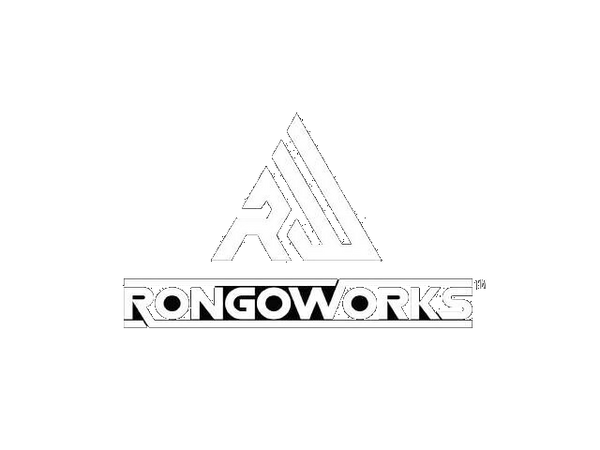The Rise of Rental and Resale Platforms in Fashion
The fashion industry has long been criticized for its environmental impact, with fast fashion contributing significantly to waste and pollution. But a new wave of sustainable practices is emerging, spearheaded by rental and resale platforms like Rent the Runway and ThredUp. These platforms are challenging traditional consumption patterns and promoting a circular economy in fashion, allowing consumers to access stylish clothing without the need for constant purchases.
What are Rental and Resale Platforms?
Rental platforms, like Rent the Runway, allow users to rent designer clothing and accessories for a set period. This provides access to a vast wardrobe without the commitment of ownership. Resale platforms, like ThredUp, offer a marketplace for buying and selling pre-owned clothing, reducing the demand for new production.
Benefits of Rental and Resale Platforms:
- Sustainability: By promoting sharing and reuse, these platforms reduce the environmental impact of fashion production and consumption.
- Affordability: Renting and reselling clothes can be significantly more affordable than buying new, especially for high-end items.
- Variety: Rental platforms offer access to a wide range of styles and brands that may not be readily available for purchase.
- Reduced Waste: Resale platforms prevent clothing from ending up in landfills by giving it a second life.
- Style Experimentation: Rental platforms allow users to experiment with different styles and trends without making a long-term commitment.
The Impact on the Fashion Industry:
The rise of rental and resale platforms is having a significant impact on the fashion industry. They are forcing brands to reconsider their business models and prioritize sustainability. Additionally, these platforms are empowering consumers to make more conscious choices and embrace a circular economy.
Challenges and Opportunities:
While rental and resale platforms are gaining traction, they also face challenges. These include logistical complexities, concerns about hygiene, and the need to address issues of accessibility and inclusivity. However, there are also numerous opportunities for growth and innovation, such as developing new technologies for online try-ons and creating more sustainable materials for rented garments.
The Future of Fashion:
The increasing popularity of rental and resale platforms suggests that the future of fashion is moving towards a more circular and sustainable model. By embracing sharing, reuse, and responsible consumption, we can reduce the environmental impact of fashion and create a more sustainable and stylish industry for generations to come.

